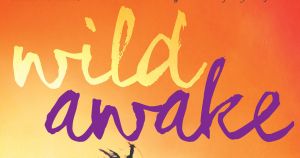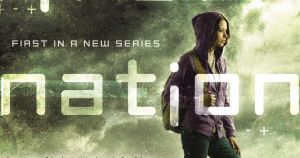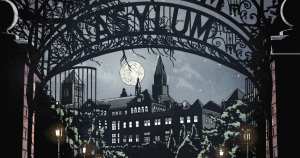
The Extra-Special Autistic
An exceptionalist narrative might, at first glance, seem like a positive or even empowering one. But, as it always goes when it comes to depictions of disability, the situation is much more complicated than that-

An exceptionalist narrative might, at first glance, seem like a positive or even empowering one. But, as it always goes when it comes to depictions of disability, the situation is much more complicated than that-

Although the book was fun and interesting in places, the disability aspect was very much a freak-show presentation of disability and the disabled experience.
Diversity in children’s literature is often represented as an either/or, without intersectionality; characters can either be autistic or gay, for example, or a wheelchair user or Black, but rarely both. Why is that?
Clichés, ableist language … what kinds of words, phrases, or situations used in book or character descriptions send up warning flags for our contributors?

s.e. smith’s rave review of Wild Awake was one of the very first posts on this blog. We invited s.e. and author Hilary T. Smith to discuss books, mental illness, and everything in between.
If our contributors could tell an author writing a character with their disability one thing–besides “do your research”–what would it be?

Shaunta Grimes’s Viral Nation is the rare YA dystopian novel with an autistic protagonist; we were keen to sit down with the author to discuss the book, its sequel Rebel Nation, and its protagonist Clover Donovan.
Is any representation better than no representation? That argument frequently comes up in response to criticism, but is it valid?

The description for this book uses the phrase “brilliant but autistic” to describe its main character, and that’s where our conflicted feelings about Viral Nation start.

When we see institutions in YA, we usually see them in one of two contexts: a “sane” person wrongly incarcerated in one, or a spooky (often old, sometimes abandoned but haunted by ghosts) asylum filled with “crazy people.”